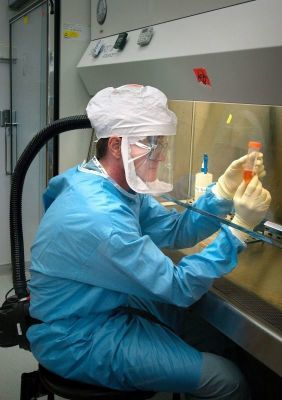Our Research
The Vascular Function and Reactivity Lab was founded by Dr. Emilio A. Herrera (20 10) in the Program of Pathophysiology, Institute of Biomedical Sciences, Faculty of Medicine, University of Chile. Our mission is to research, from an integrative perspective based on in vivo, ex vivo, in vitro and in silico approaches, the cellular mechanisms involved in the vascular dysfunction in cardiovascular diseases. Among them, we have developed experimental models of pulmonary hypertension of the neonate (PAHN), intrauterine growth restriction, and cardiovascular disorers associated with acute, intermittent and chronic hypoxia. We are particularly interest is the effects of chronic hypoxia and oxidative stress during development. In most of our studies, we have done a pathophysiological characterization of the cardiovascular alterations, and raised concrete treatment proposals, reaching a translational medicine view.
10) in the Program of Pathophysiology, Institute of Biomedical Sciences, Faculty of Medicine, University of Chile. Our mission is to research, from an integrative perspective based on in vivo, ex vivo, in vitro and in silico approaches, the cellular mechanisms involved in the vascular dysfunction in cardiovascular diseases. Among them, we have developed experimental models of pulmonary hypertension of the neonate (PAHN), intrauterine growth restriction, and cardiovascular disorers associated with acute, intermittent and chronic hypoxia. We are particularly interest is the effects of chronic hypoxia and oxidative stress during development. In most of our studies, we have done a pathophysiological characterization of the cardiovascular alterations, and raised concrete treatment proposals, reaching a translational medicine view.
Worldwide, it is estimated that over 100 million people live in altitudes above 2,500 m. Further, the densest populations above 3,000 m. are in the South American Andean Mountains. Only in Central and South America, it is estimated that more than 35,000,000 people live at high-lands and in Chile more than 100,000 work in high-altitude shifts. For several years our Lab have investigated the cardiovascular and pulmonary effects of living at highlands in the International Center for Andean Studies (INCAS), located at 3,600 m in Putre, Chile. The Altiplano is a fundamental natural laboratory, where unique scientific data can be achieved from species adapted or mal-adapted to chronic hypoxia.